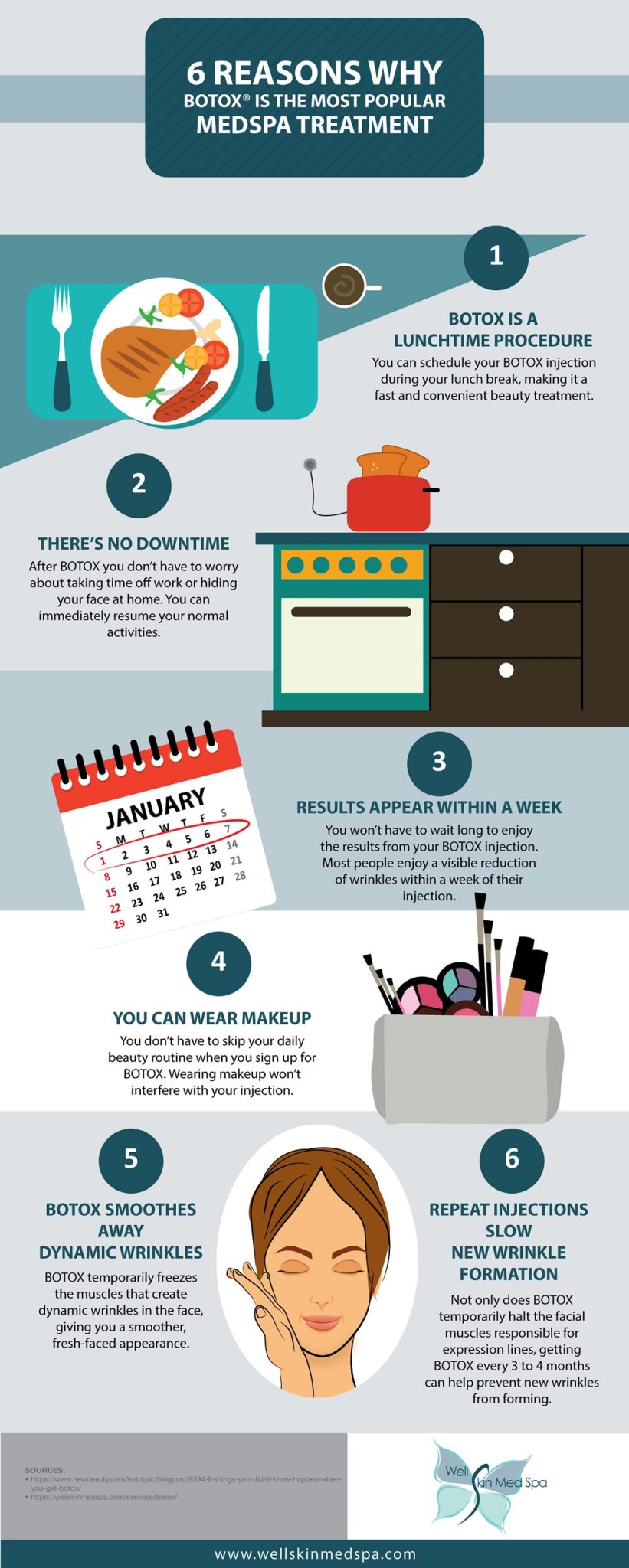Considering SMILE Surgical Procedure? Explore Vital Facets And Understandings That Will Assist You In Arriving At A Thoughtful Choice Worrying Your Aesthetic Future
Considering SMILE Surgical Procedure? Explore Vital Facets And Understandings That Will Assist You In Arriving At A Thoughtful Choice Worrying Your Aesthetic Future
Blog Article
Web Content Writer-Mullen Cochran
If you're contemplating SMILE eye surgical procedure, contemplate this: are you prepared to embrace prospective visual freedom, or does the idea of any kind of risks make you be reluctant? Your choice will hinge on a cautious equilibrium of weighing the benefits against the unpredictabilities. https://www.investopedia.com/terms/v/vision-care-insurance.asp to delve deeper right into the subtleties of SMILE surgery to make an informed selection that aligns with your aesthetic goals.
Recognizing SMILE Eye Surgery
When thinking about SMILE Eye Surgery, it's important to understand the procedure and its benefits. SMILE, which stands for Tiny Cut Lenticule Removal, is a minimally invasive laser eye surgical procedure that corrects usual vision troubles like myopia (nearsightedness).
During the procedure, your eye cosmetic surgeon will use a femtosecond laser to create a tiny laceration in your cornea. Through this cut, a little disc of cells called a lenticule is removed, reshaping the cornea and correcting your vision.
Among the vital benefits of SMILE Eye Surgical procedure is its fast recovery time. Many people experience enhanced vision within a day or more after the procedure, with very little discomfort.
In addition, SMILE is known for its high success rate in giving lasting vision improvement. Unlike LASIK, SMILE doesn't need the development of a flap in the cornea, lowering the risk of complications and allowing for a more steady corneal structure post-surgery.
Understanding Read More Here and its benefits is critical when taking into consideration SMILE Eye Surgical treatment for vision modification.
Benefits and drawbacks of SMILE
Thinking About SMILE Eye Surgical procedure for vision correction features numerous benefits and prospective downsides.
Among the primary pros of SMILE is its minimally intrusive nature, as it entails a little incision and normally results in fast recuperation times. The treatment is also known for causing very little pain and completely dry eye signs post-surgery compared to other vision adjustment techniques. Additionally, SMILE has been revealed to supply superb aesthetic outcomes, with many patients achieving 20/20 vision or better.
On the other hand, a potential disadvantage of SMILE is that it may not appropriate for people with severe refractive mistakes, as the therapy range is somewhat restricted compared to LASIK. An additional consideration is that the knowing curve for cosmetic surgeons executing SMILE can affect the availability of skilled service providers in specific areas.
It is essential to weigh these advantages and disadvantages very carefully when deciding if SMILE is the right selection for your vision adjustment requirements.
Identifying Eligibility for SMILE
To determine if you're qualified for SMILE eye surgical procedure, your optometrist will carry out a thorough evaluation of your eye wellness and vision needs. Throughout this analysis, factors such as the stability of your vision prescription, the thickness of your cornea, and the overall health and wellness of your eyes will certainly be analyzed.
Typically, prospects for SMILE are over 22 years of ages, have a stable vision prescription for at least a year, and have healthy and balanced corneas without problems like keratoconus.
Your eye doctor will certainly additionally consider your overall eye health, any kind of existing eye problems, and your lifestyle needs to figure out if SMILE is the appropriate selection for you. It's important to communicate any kind of certain aesthetic demands or problems you may have during this analysis to make sure that the treatment lines up with your assumptions.
If you aren't qualified for SMILE, your optometrist may recommend different vision modification choices that far better match your specific needs and eye health standing.
Final thought
Inevitably, determining whether SMILE eye surgery is right for you calls for mindful consideration of your private eye health and wellness and aesthetic demands. Seek advice from your optometrist to determine your eligibility for the treatment and evaluate the potential advantages and disadvantages. Keep in mind to interact any type of concerns or inquiries you might have during the assessment process to make an educated decision regarding your vision improvement alternatives.
